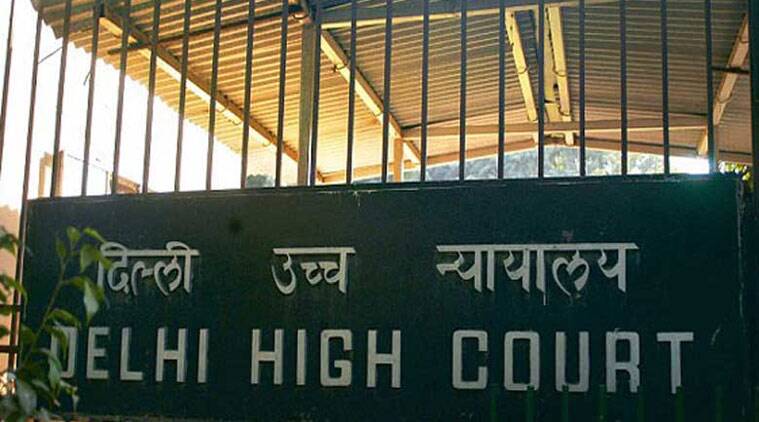 “I am making it very clear that by any interim orders, we will not permit anybody to raise any kind of construction, nor repairs,” said Chief Justice Satish Chandra Sharma. (File Photo)
“I am making it very clear that by any interim orders, we will not permit anybody to raise any kind of construction, nor repairs,” said Chief Justice Satish Chandra Sharma. (File Photo) Opposing any order for permitting residents of Sainik Farms to undertake any repair of their properties, the Centre Monday told the Delhi High Court that though the residential area may have legal protection against demolitions, it is still a “purely unauthorised colony”.
Additional Solicitor General Aishwarya Bhati informed the division bench of Chief Justice Satish Chandra Sharma and Justice Subramonium Prasad that there is a 2001 order that prevents the transport of construction material into the area, and earlier minor repairs were permitted under strict directions of the court.
“Your lordships will have to consider this aspect. We are not in favour of granting any permission for repair etc also because no doubt it has protection under law against demolition but it is a purely unauthorised colony,” Bhati told the court, adding that allowing repairs becomes a way for unauthorised construction.
Bhati further argued that even if some residents would have valid titles or ownership of the property, the construction still is unauthorised. All the construction has come up in a completely unauthorised and brazen manner, she submitted.
Subscriber Only Stories
The division bench also said it will not grant any interim permissions for repair of the structures, adding that it will hear the matter finally. “I am making it very clear that by any interim orders, we will not permit anybody to raise any kind of construction, nor repairs,” said Chief Justice Sharma.
The court later listed the matter for hearing and consideration of the Centre’s reply on December 17. The Centre made the submissions Monday in response to an order passed by the court in May.
On May 17, the division bench headed by the then acting Chief Justice Vipin Sanghi had pulled up the Centre for its indecision on the proposed regularisation of Sainik Farms, and said strict embargo even on carrying out repairs to the existing structures may lead to a catastrophe as some of the constructions there are in a precarious condition.
The Centre had told the court that there are 69 affluent colonies and 1,797 non-effluent colonies. A decision has been taken that the process of regularisation of non-affluent colonies will be undertaken first and only after the process is complete, affluent colonies will be looked into, it had submitted. The court was also told that the properties in affluent colonies stand protected till December 2023.